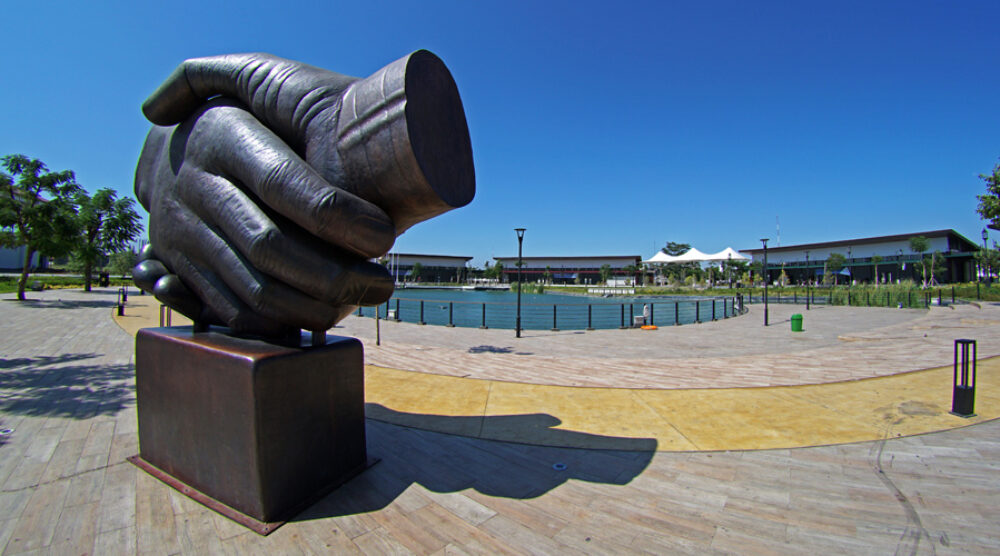China and India took part in the 1955 Bandung Conference. Now they must reignite that spirit and look towards peaceful coexistence among nations
A “new cold war”: that’s the buzzword appearing in headlines amid the deepening strategic enmity between the United States and China. Since late June, amid the Covid-19 pandemic’s ongoing rampage in the US, high-ranking officials in Washington have unleashed a series of rhetorical attacks on the Chinese Communist Party. National security adviser Robert O’Brien, FBI director Christopher Wray, attorney general William Barr and secretary of state Mike Pompeo have been dubbed the “four horsemen of the apocalypse” tasked by US President Donald Trump to take down the Communist Party.
Symbolically, Pompeo’s July 23 talk at the Richard Nixon Presidential Library, calling for a new “alliance of democracies” to confront the Communist Party, evokes former British prime minister Winston Churchill’s “Iron Curtain” speech of more than 70 years ago and seems to highlight a new cold war with China.
In his Labour Day remarks, Trump raised the prospect of “decoupling” the American economy from China, and claimed: “We will make America into the manufacturing superpower of the world and end our reliance on China once and for all.”
To set the decoupling of bilateral relations in motion, Washington has taken concrete actions such as closing the Chinese Consulate-General in Houston, sending its health secretary to Taiwan, attempting to ban Chinese social media apps TikTok and WeChat in the US, and restricting Chinese apparel and tech goods allegedly produced by forced labour in Xinjiang.
Obviously, the US has launched a new cold war with China – but whether it succeeds depends on the response from Beijing and other countries.
Please click here to read the full “As US-China ties worsen, India and China must revisit the ‘Bandung spirit’ to avert a new cold war” article published at The Week in Asia, written by Griffith Asia Institute researcher, Professor Kai He.








